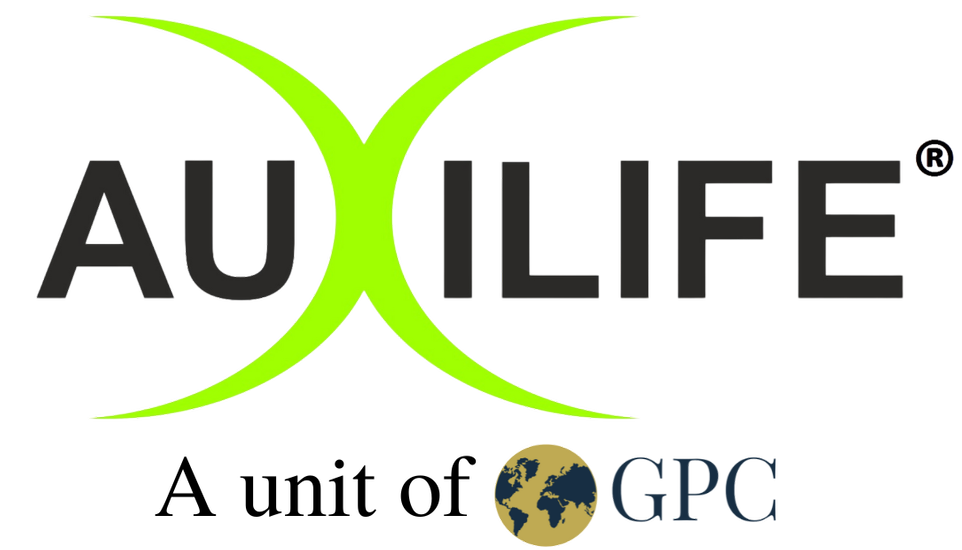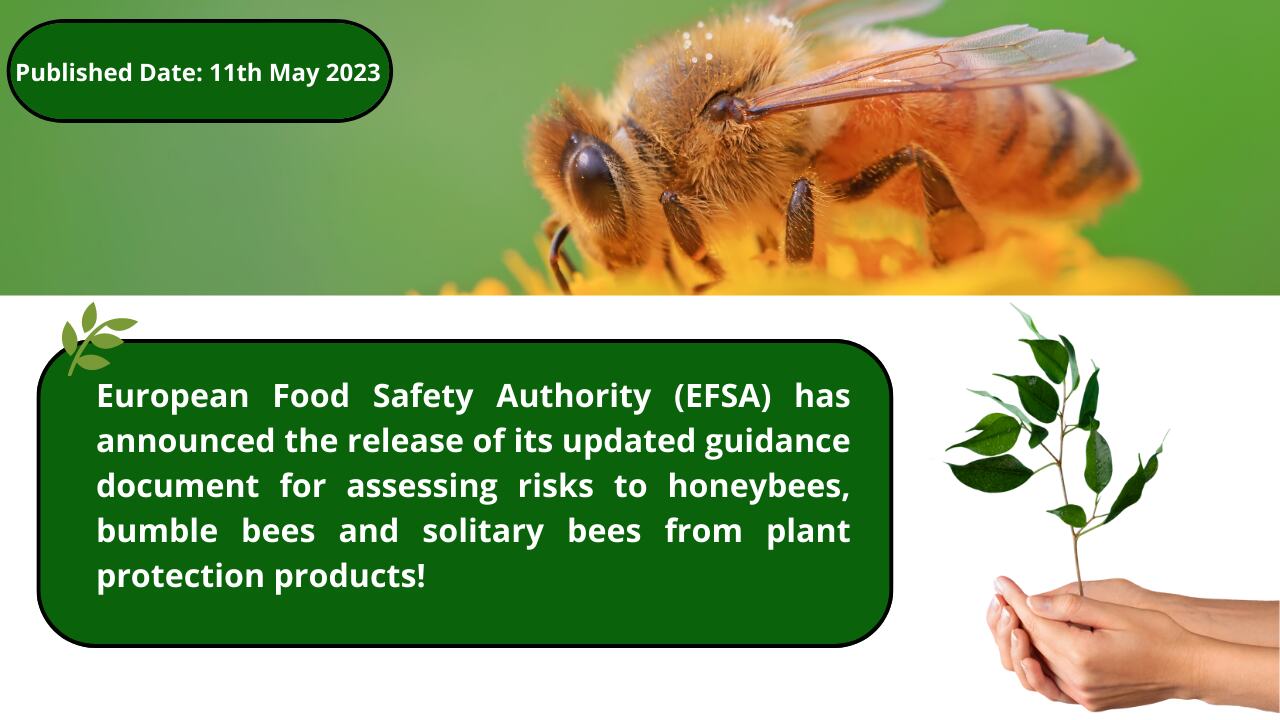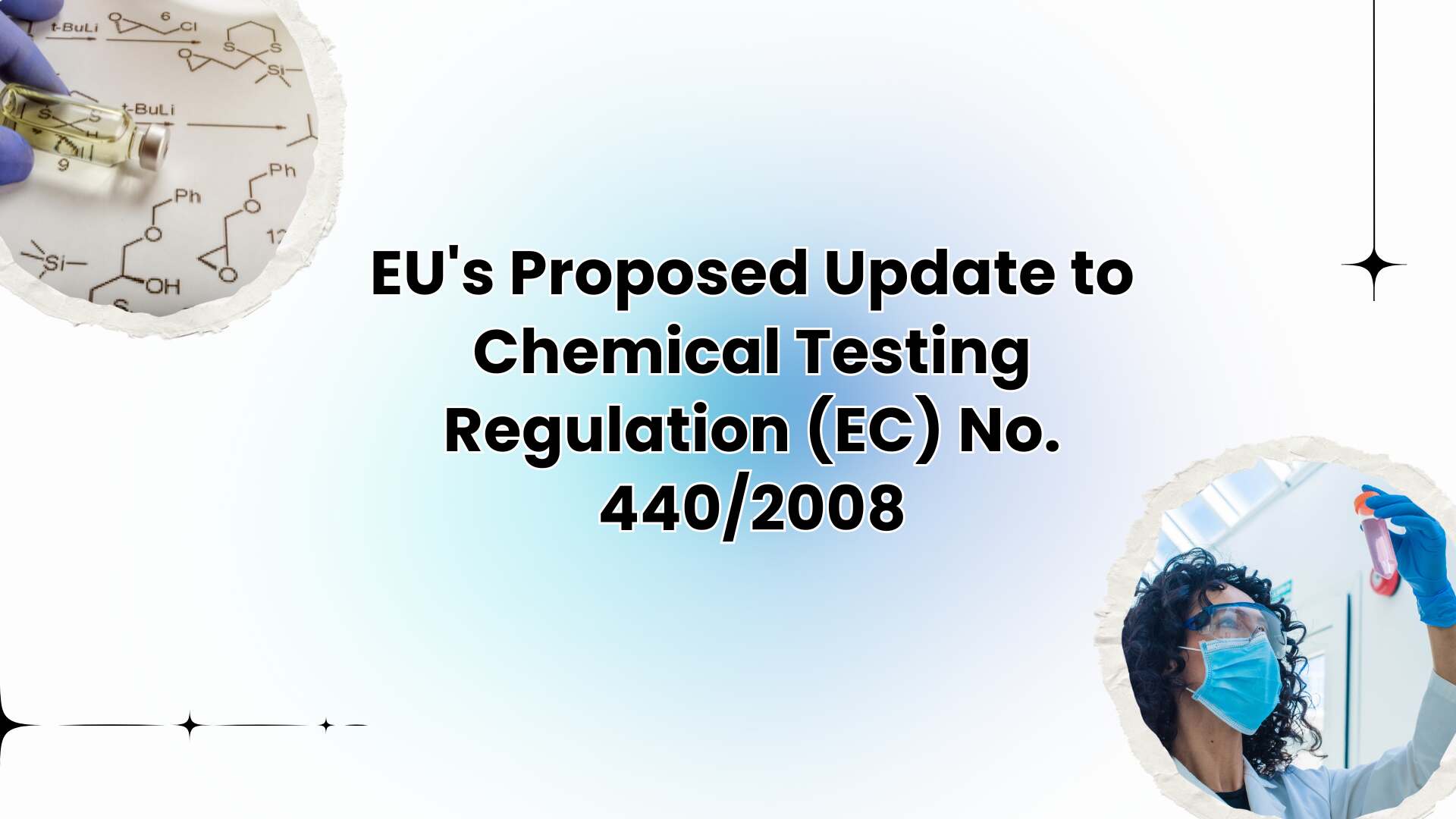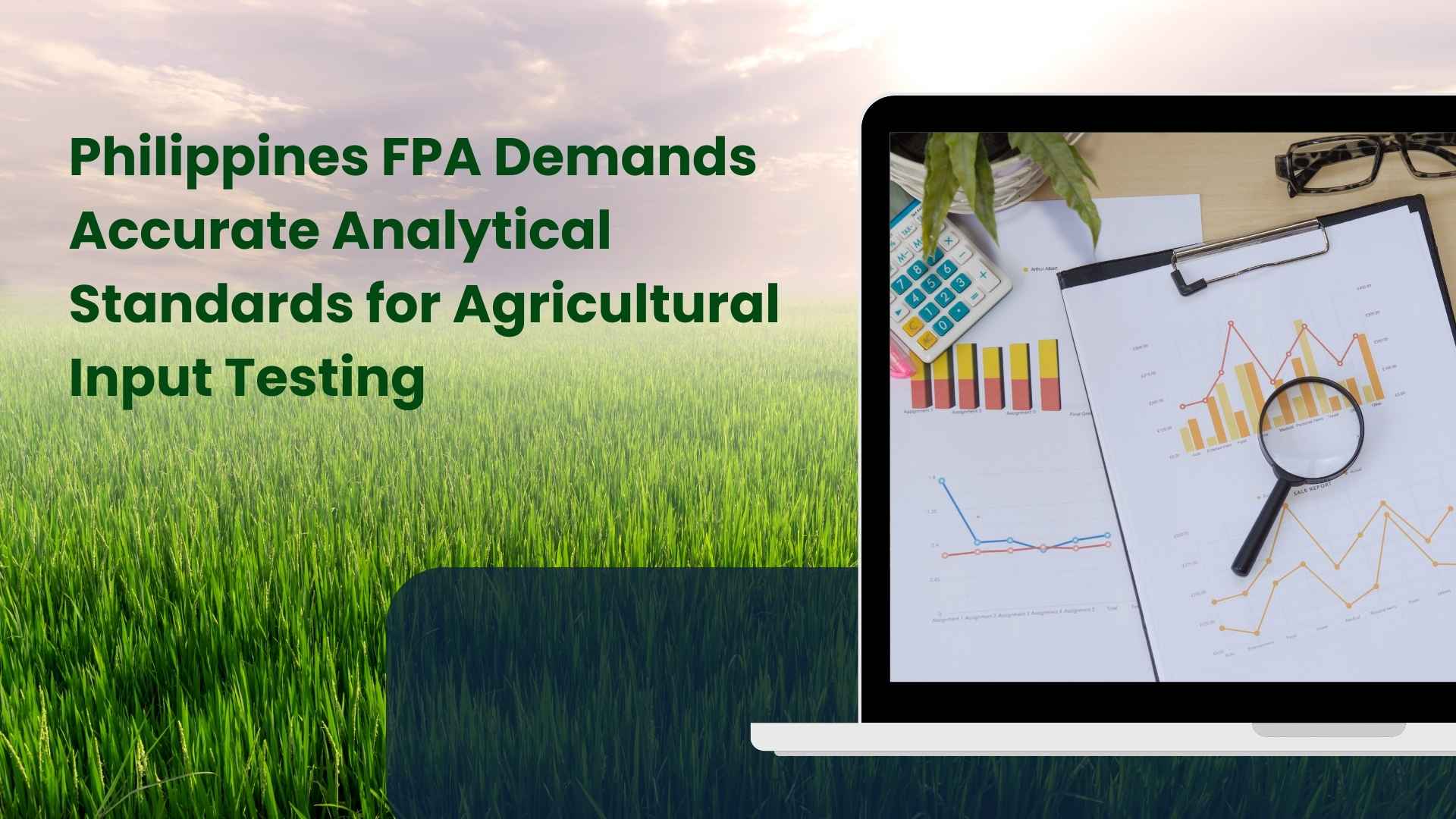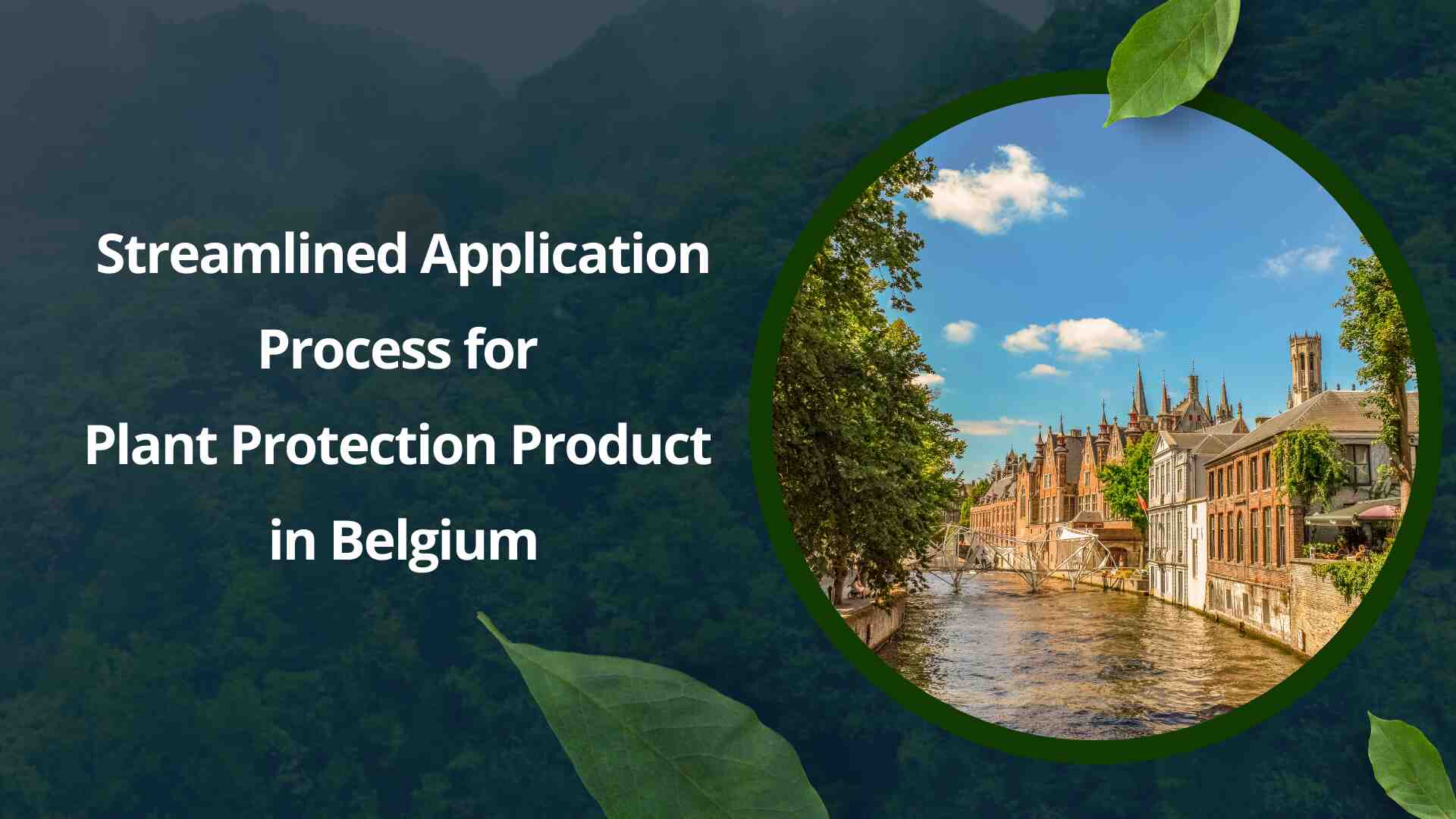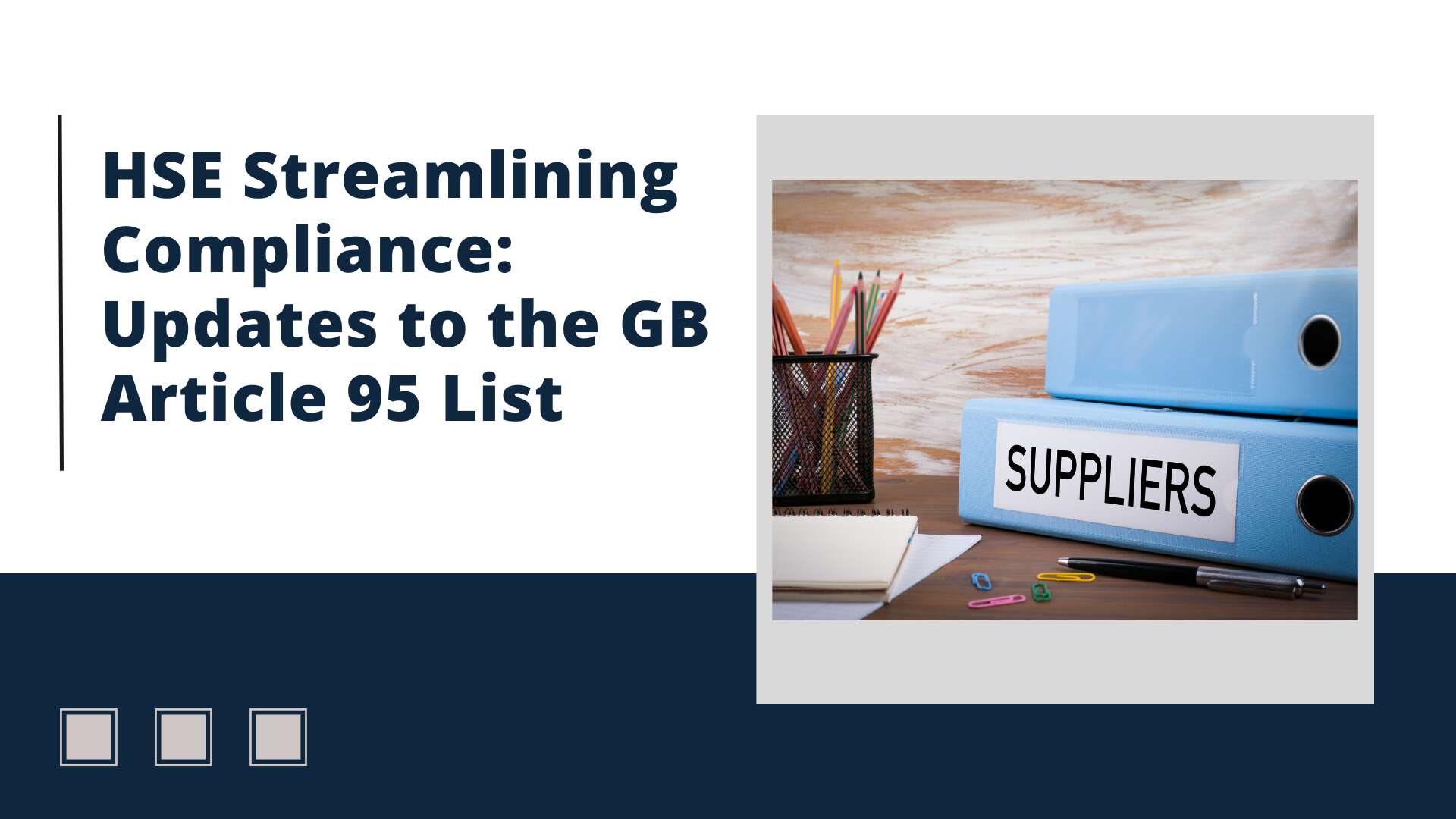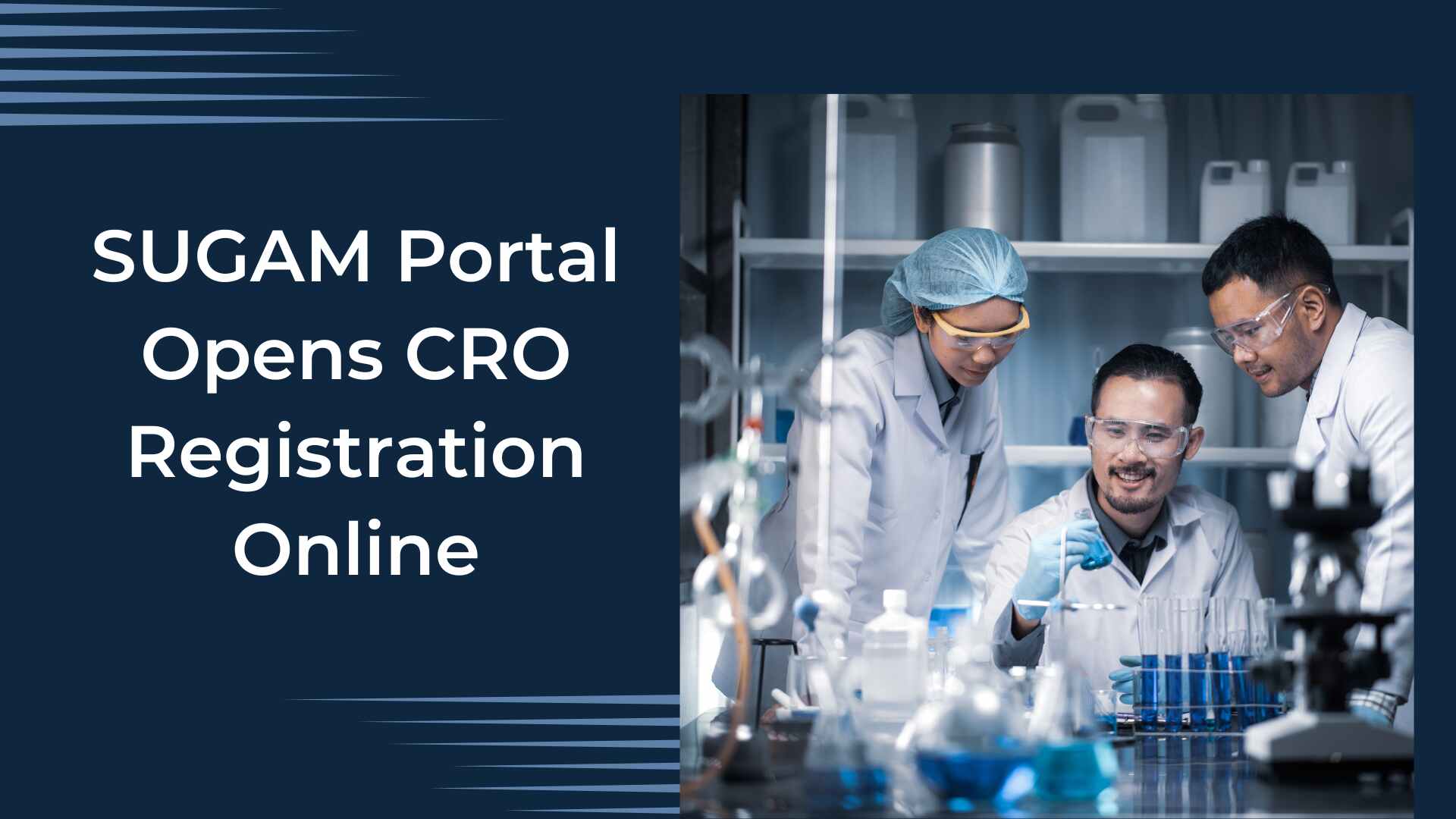European Food Safety Authority (EFSA) has announced the release of its updated guidance document for assessing risks to honeybees, bumble bees and solitary bees from plant protection products.
This new guidance document has been revised to incorporate the latest scientific knowledge and cutting-edge methodologies for conducting risk assessments in this area.
Outline
The document is designed to help assess the risk to bees that are exposed to plant protection products in agricultural areas.
It follows a tiered approach for assessing bees exposure to pesticides (contact or dietary) and the resulting effects.
It also outlines the studies that need to be generated by applicants when a high risk cannot be excluded during an initial assessment.
The new guidance document covers
- A range of scenarios and aspects relevant for the risk assessment.
- This includes the different timescales of effects (acute and chronic) and the different life stages of bees (adults and larvae).
- It takes into account possible long-term effects of low doses and potential concerns due to sublethal effects for honeybees.
- Provides recommendations for risks from metabolites and mixtures of plant protection products.
- Provides risk assessment methodology covering dietary and contact exposure.
- The document also provides recommendations for higher tier studies.
The EFSA stated that the revised guidance document reflects a significant step forward in ensuring the protection of bees and other pollinators from the potential harmful effects of plant protection products.
The document will provide a useful resource for applicants and regulators involved in assessing the risk to bees from these products.
This latest guidance document is providing up-to-date guidance on how to protect bees, an essential part of the food chain, from the risks associated with plant protection products.
Auxilife Scientific Services Pvt. Ltd. will support you for conducting ecotoxicological risk assessment for your active substance and plant protection products. For more information, please reach out to- info@auxilife.com or info@eu.auxilife.com And visit to – www.auxilife.com
